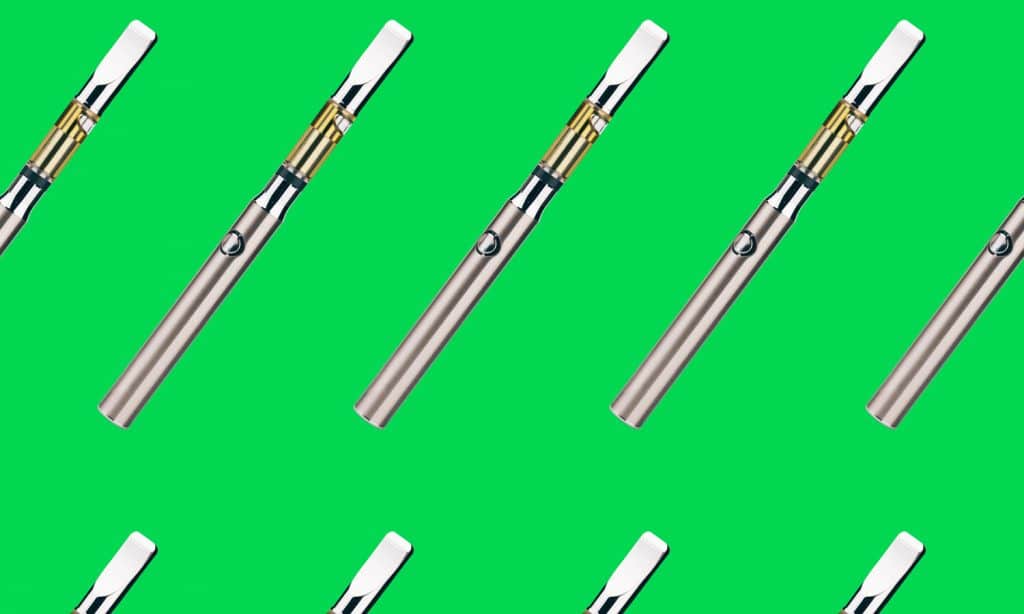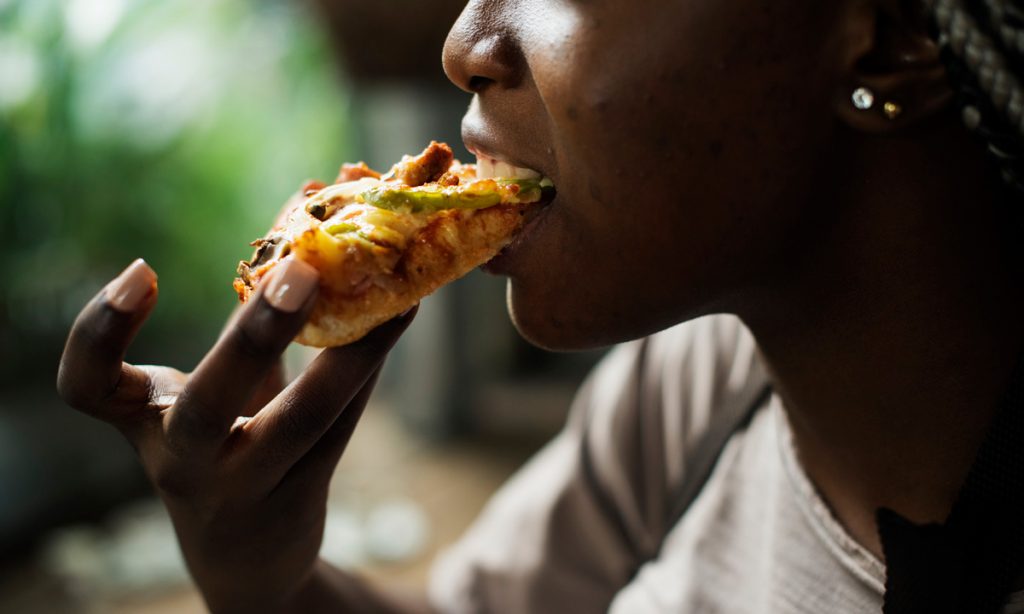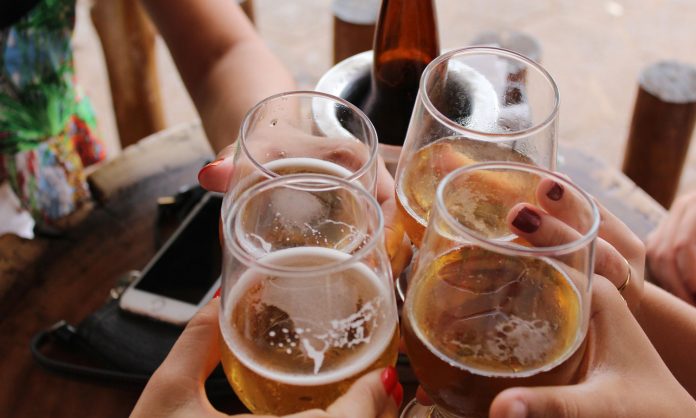The potential of medical marijuana is widely known, not only in Canada and the U.S., but also globally. Many patients find that medical cannabis has helped them with certain health issues where conventional medicine has failed, including chronic pain, post-traumatic stress disorder (PTSD), Crohn's disease, and anxiety.
Meanwhile, recreational cannabis is gaining popularity because of the variety it offers in satisfying consumers looking for an intoxicating or relaxing experience.
To take advantage of this popular and evolving market, two big names in cannabis space, Aurora Cannabis (NYSE:ACB) and Canopy Growth (NYSE:CGC), are in a tight race. But before I tell you the progress each has made, let's shed light on the growth of the medical and recreational cannabis markets in Canada and the U.S.
How have medical and recreational cannabis progressed?
Worldwide legal cannabis sales have been impressive. In 2017, the number stood at $9.5 billion; that increased to $12.2 billion in 2018, per data from BDS Analytics. In 2019, medical marijuana made up 71% of total legal pot sales.









